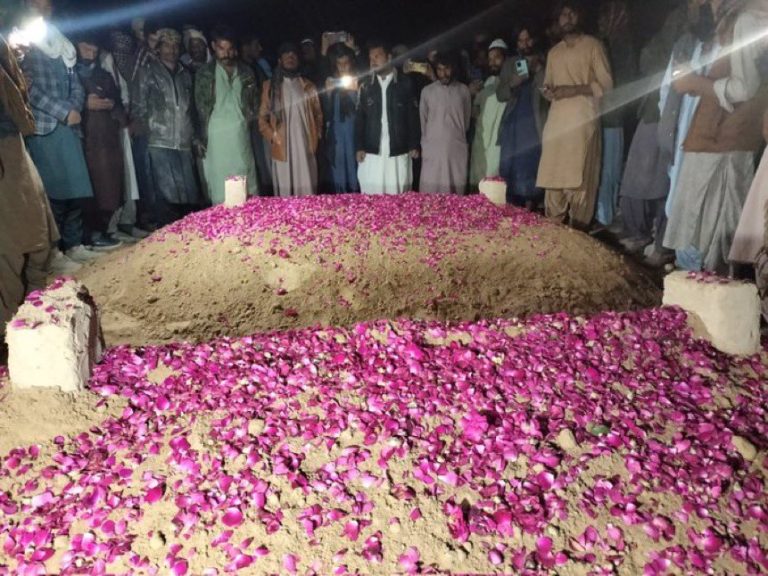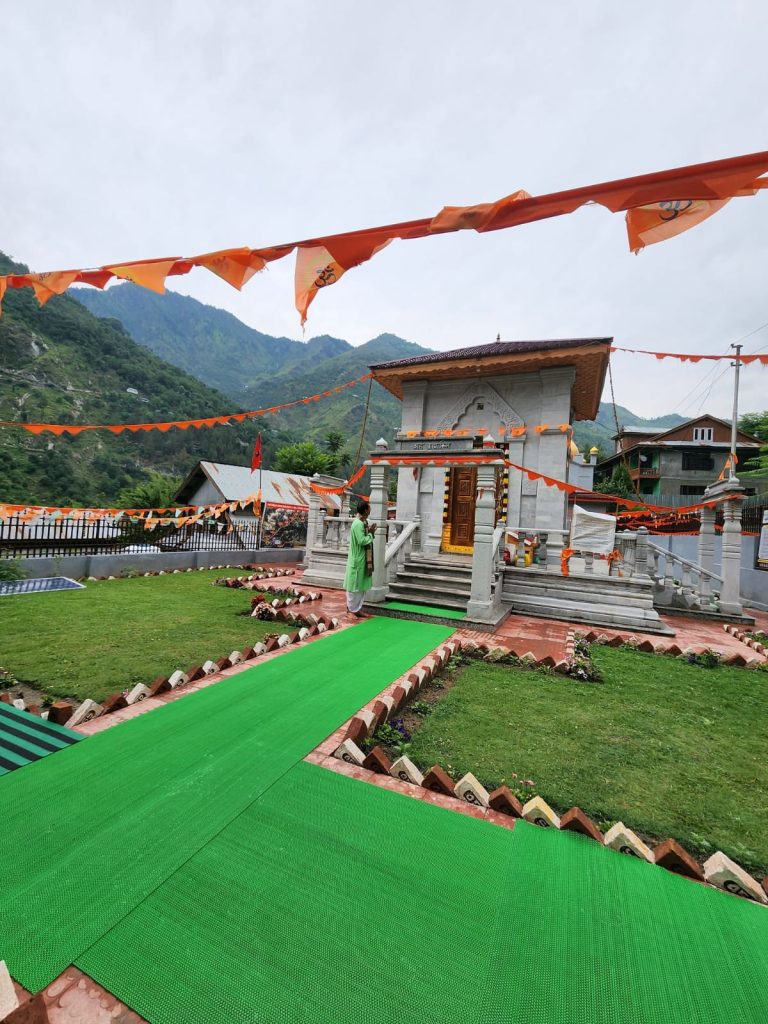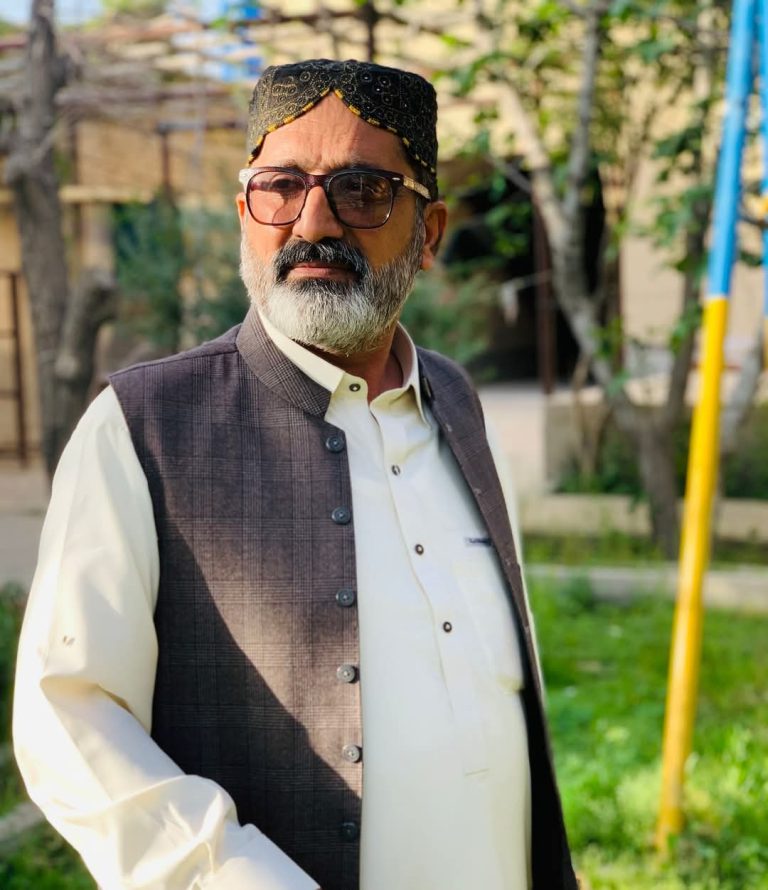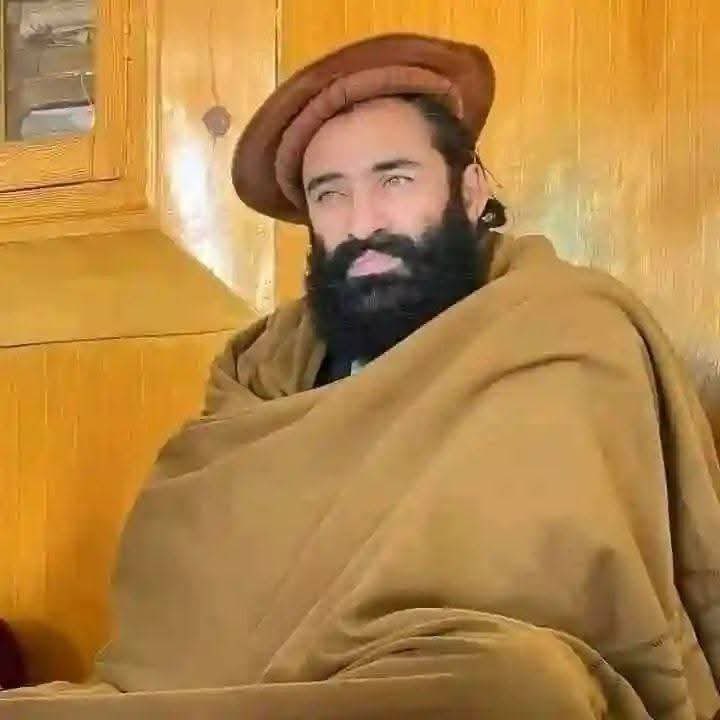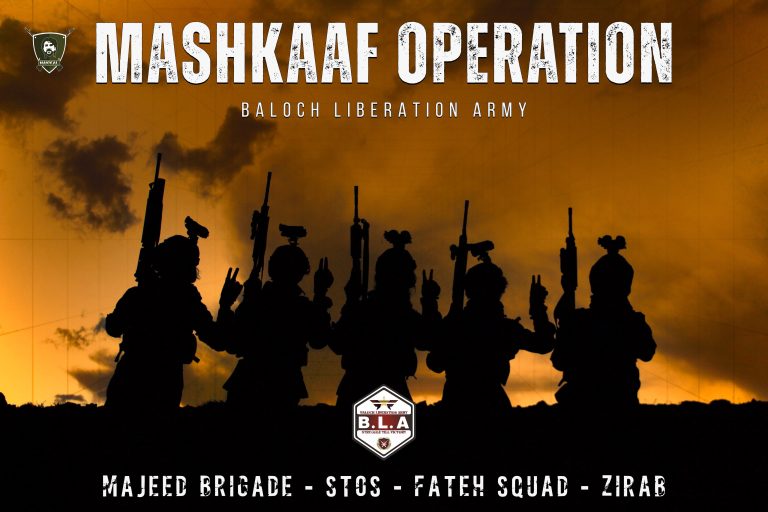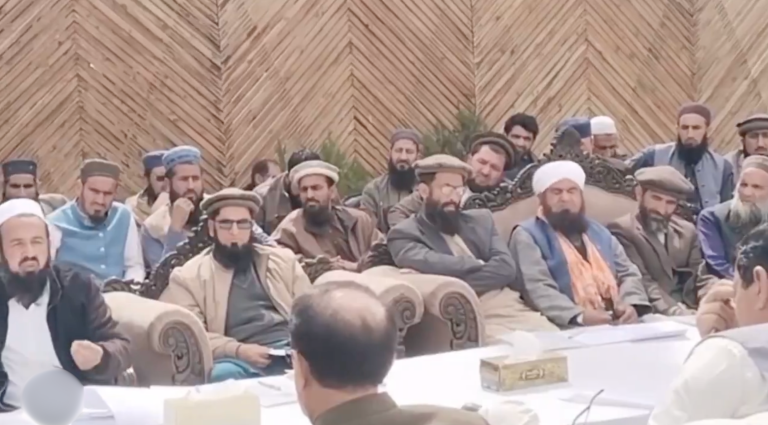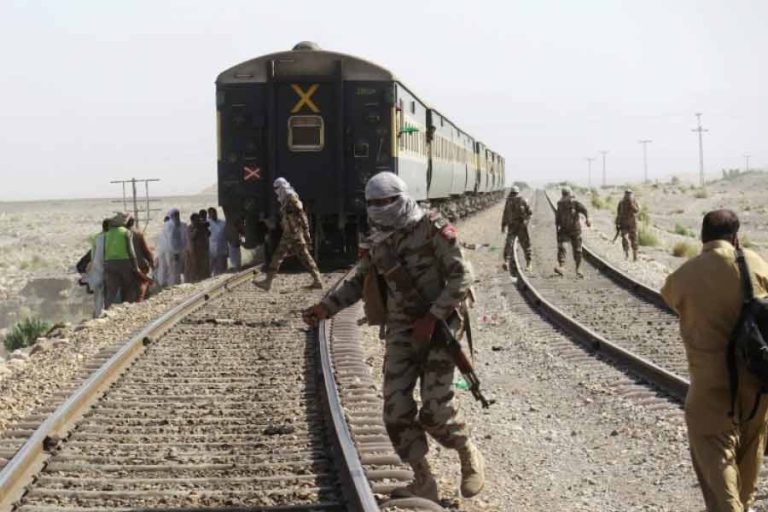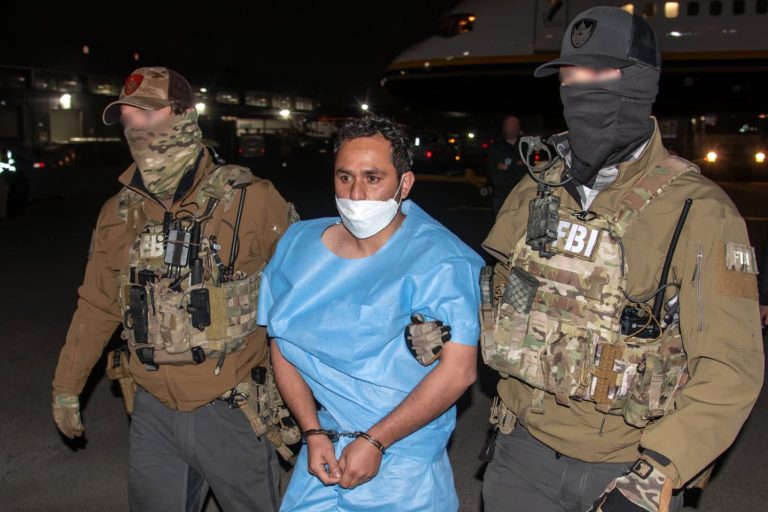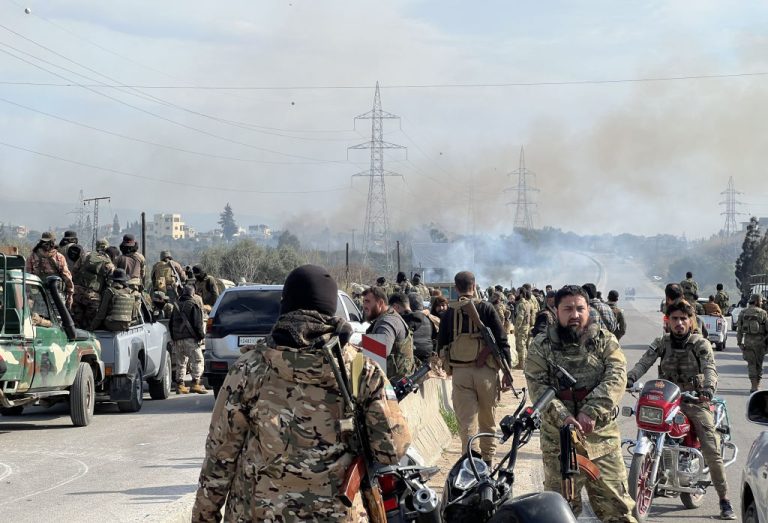An Arrest
Islamabad definitely deserves due appreciation for facilitating apprehension of Mohammad Sharifullah, a terrorist commander belonging to the UN proscribed Islamic State Khorasan Province [ISKP] terrorist group who was involved in the deadly August 2021 bombing at Kabul airport that killed nearly 200 people including 13 American soldiers. According to Pakistan Prime Minister Shehbaz Sharif’s post on X, the “ISKP’s top tier Sharifullah commander” was apprehended by “Pakistan Security Forces… in a successful operation conducted in [the] Pakistan-Afghan border region.”
And, US President Donald Trump did exactly this while announcing Sarifullah’s arrest in his speech to Congress on Tuesday night by thanking the Government of Pakistan “for helping arrest this monster.” Basking in the adulation heaped by the mercurial POTUS, Sharif deftly portrayed this isolated incident based expression of gratitude as comprehensive acknowledgement and appreciation of “Pakistan’s role and support in counter terrorism efforts across the region, in the context of Pakistan Security Forces.”
Not only this, he also went on to claim that “Pakistan has always played a critical role in counter terrorism efforts aimed at denying safe havens to terrorists and militant groups the space to operate against any other country.” Unfortunately, this claim doesn’t stand up to impartial scrutiny. For one, if arrest of ISKP terrorist Sarifullah wanted by the US is a feather in its cap, then isn’t Islamabad’s brazen refusal to hand over Lashkar-e-Taiba co-founder Hafiz Saeedwanted by the US for masterminding the 2008 Mumbai attacks a ‘black-eye’ for Pakistan?
Unanswered Questions
Next is the question as to who Sharifullah is and from where he was apprehended. The Pakistani prime minister mentioned that this ISKP terrorist is an Afghan national who was arrested fromthe “Pakistan-Afghan border region.” While description of the location has been intentionally kept delightfully vague, it’s evident that Sharifullah was staying in a safe house/hideout well inside Pakistan when he was apprehended. This makes things even more confusing because if Pakistan’s claim about “denying safe havens to terrorists” is indeed true, then why did a “top-tier” ISKP commander from Afghanistan be so imprudent to run the risk of being caught andeven killed by opting to seek refuge in Pakistan?
Due to strained relations between Islamabad and Kabul, tension along the Durand Line as well asheightened security threat from terrorist groups like Tehreek-e-Taliban Pakistan [TTP], the Pakistan-Afghanistan border region is heavily militarised and under enhanced surveillance like never before. With the security forces and intelligence agencies working overtime to identify aliens, how is it therefore possible that presence of a high ranking ISKP terrorist in this sensitive area escape notice of the Pakistan Army’s spy agency Inter Services Intelligence [ISI], that never ceases boasting about its professional competence?
Readers would recall that ISI denied having any knowledge about Al Qaeda founder and 9/11 attack mastermind Osama bin Laden’s massive Abbottabad compound. Though downright implausible, Rawalpindi still got away with its barefaced lie, thanks to global apathy. Hence, could it be that having realised how easily the international community can be fooled by feigning ignorance, Pakistan acted as if it was unaware that the top ranking ISKP terrorist commander responsible for orchestrating the horrific Kabul airport bombing was present on its soil, till it was prodded by CIA?
An Enemy’s Enemy
Rawalpindi’s firm belief that the Taliban leadership would remain forever obliged to Pakistan for having hosted them for nearly a decade expectedly turned out to be a monumental blunder, and probably the only return favour it did to the Pakistan Army was to serve the then ISI chief Lt Gen Faiz Hameed a cup of tea at Serena Hotel in Kabul. However, Taliban did reward its old time frontline ally TTP by releasing all its fighters jailed by previous governments, and despite repeated requests from Islamabad, has refused to act against this terrorist group.
So, it was but natural that ISI would exploit the irreconcilable ideological differences and intense animosity between Taliban and ISPK by patronising the latter in order to create a counterbalancing force for leveraging purposes, and there’s abundant evidence to suggest that it has done exactly this.
Speaking at a UN side event in March last year, Baloch National Movement [BNM] chairman Dr Naseem Baloch disclosed that “active camps of the international terrorist organization known as Daesh [ISKP] are operating in Balochistan under the direct supervision and support of the Pakistan Army.” Just a month later, Taliban’s Minister of Foreign Affairs Mawlawi Aimr Khan Muttaqi, too had without naming Pakistan, also accused it of “providing centres for planning, training and funding” ISKP.
In September last year, Taliban spokesperson Zabihullah Mujahid claimed that Kabul had credible inputs that “after the destruction of ISIS [ISKP] by the special units of the Islamic Emirate [of Afghanistan], the leaders and remaining members of the ISIS Khorasan branch, with the help of some intelligence organizations, were transferred to Balochistan and Khyber Pakhtunkhwa [KP], where they have training centers and camps.”
Mujhid also stated that “From these new centers, they [ISKP] carry out attacks in Afghanistan and other countries, and also target religious scholars and members of religious, sectarian and political groups in Balochistan and KP…” He went on to reveal that “Investigations have revealed that the attackers of the employees of the General Directorate for the Pursuit and Supervision of Orders had come to Afghanistan from a training camp of the ISIS Khorasanbranch in Mastung, Balochistan,” reinforcing the BNM chairman’s claims.
Unfortunately, no one took these claims seriously, as everyone swallowed Islamabad’s palpably false assertion that ISKP was thriving on Afghan soil. Now with the high ranking ISKP terrorist leader’s arrest from the KP area of “Pakistan-Afghan border region” and the unique pattern of targeted killings in KP and Balochistan, it’s high time the international community examined Kabul’s allegation a bit more objectively.
Rawalpindi’s ISKP Game Plan
Former head of Afghanistan’s erstwhile intelligence agency, the National Directorate of Security [NDS] Rahmatullah Nabil opines that “Pakistan’s recent maneuvers suggest a two-pronged approach,” that entails “Pressuring the Taliban by allowing the ISIS [ISKP] threat to expand within its borders-particularly in areas like Malakand, Bajaur, and Mastung in Balochistan.”According to him, “Pakistan is signaling to the Taliban that it can destabilize Afghanistan if its demands are not met,” and “key points of contention include the Durand Line dispute, regional alliances, and the Taliban’s position on India.”
Secondly, Pakistan is keen on “Securing U.S. Support…by amplifying the threat of ISIS [ISKP] within its own borders, [and]…positioning itself as an indispensable counterterrorism partner, hoping to secure military and financial aid from Washington-or even the possibility of hosting U.S. bases again.” Nabil is sanguine that “Pakistan’s long-standing strategy of cultivating and managing terrorist threats remains unchanged” and that “Today, ISIS-K is simply the latest pawn in Islamabad’s geopolitical game-one designed to expand its regional influence while securing support from the West.”
While some may consider these inferences as extreme or prejudiced, given the ISI’s unmatched ability to run with hares and hunt with hounds, these possibilities can’t be summarily dismissed. And doesn’t the apprehension of a top ranking ISKP terrorist commander from Pakistani territory reinforce President Trump’s accurate assessment made in his 2018 New Year tweet about howPakistan had “given us nothing but lies & deceit, thinking of our leaders as fools [and how] they [Pakistan government and the Army] give safe haven to the terrorists we hunt…”
Reflecting on this reality may perhaps do President Trump a lot of good!
Tailpiece: In 2023, while exercising India’s right to reply to Pakistan’s statement at the United Nations Human Rights Council in Geneva, First Secretary of India’s Permanent Mission to UN Seema Pujani reminded Pakistan that “it has the unique distinction of hosting the most number of UNSC designated terrorists and terror organisations.” Knowing that it couldn’t debunk the Indian side’s contention, the Pakistani mission tried to save face by leveling ridiculous counter allegations.
The Indian mission’s matter-of-fact statement raises the same old question- if “Pakistan has always played a critical role in counter terrorism efforts aimed at denying safe havens to terrorists and militant groups the space to operate against any other country,” as Prime Minister Shehbaz Sharif has so glibly affirmed, then how come it is still remains the world’s most preferred safe haven destination for UNSC designated terrorists?
So, while the arrest of an ISKP terrorist commander in Pakistan by security forces [even though made on explicit instructions of Washington] is praiseworthy, perceiving this incident as proof of Rawalpindi’s sincerity in its war on terror nevertheless remains highly suspect.
As the wise have said, “One swallow doesn’t make a summer!”


